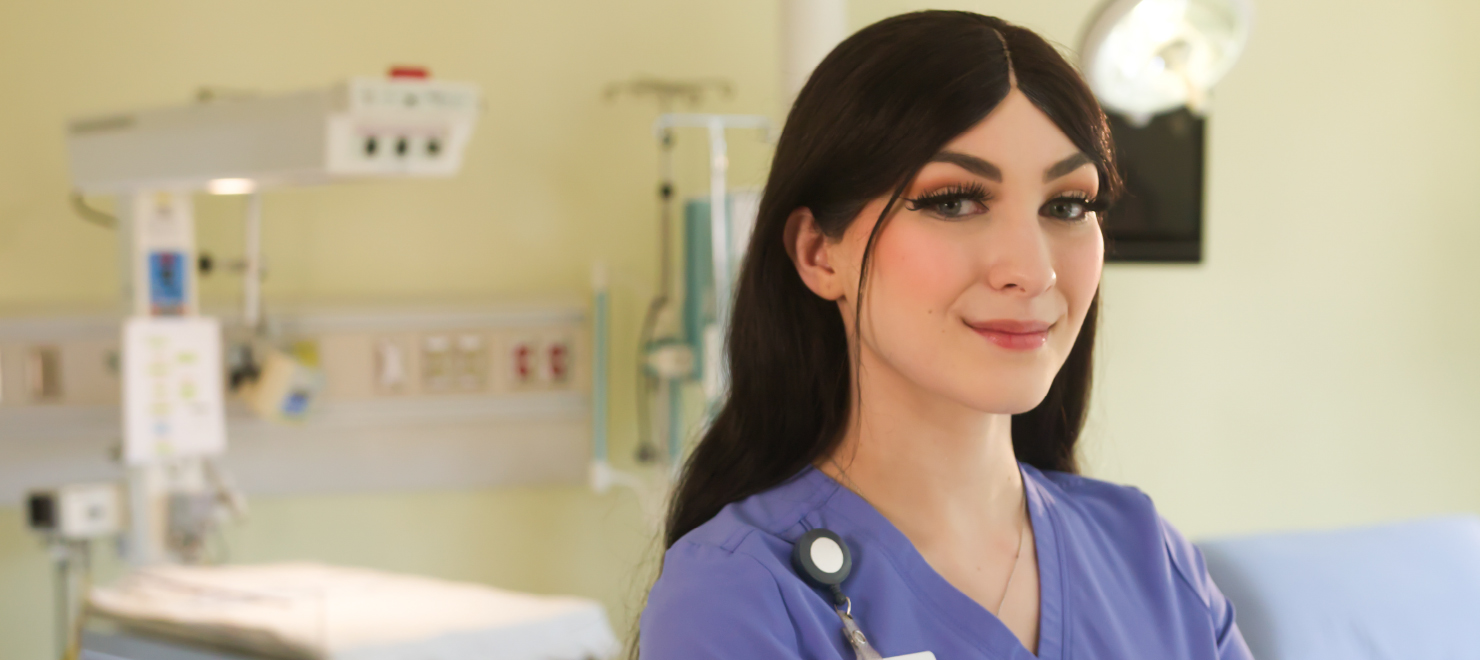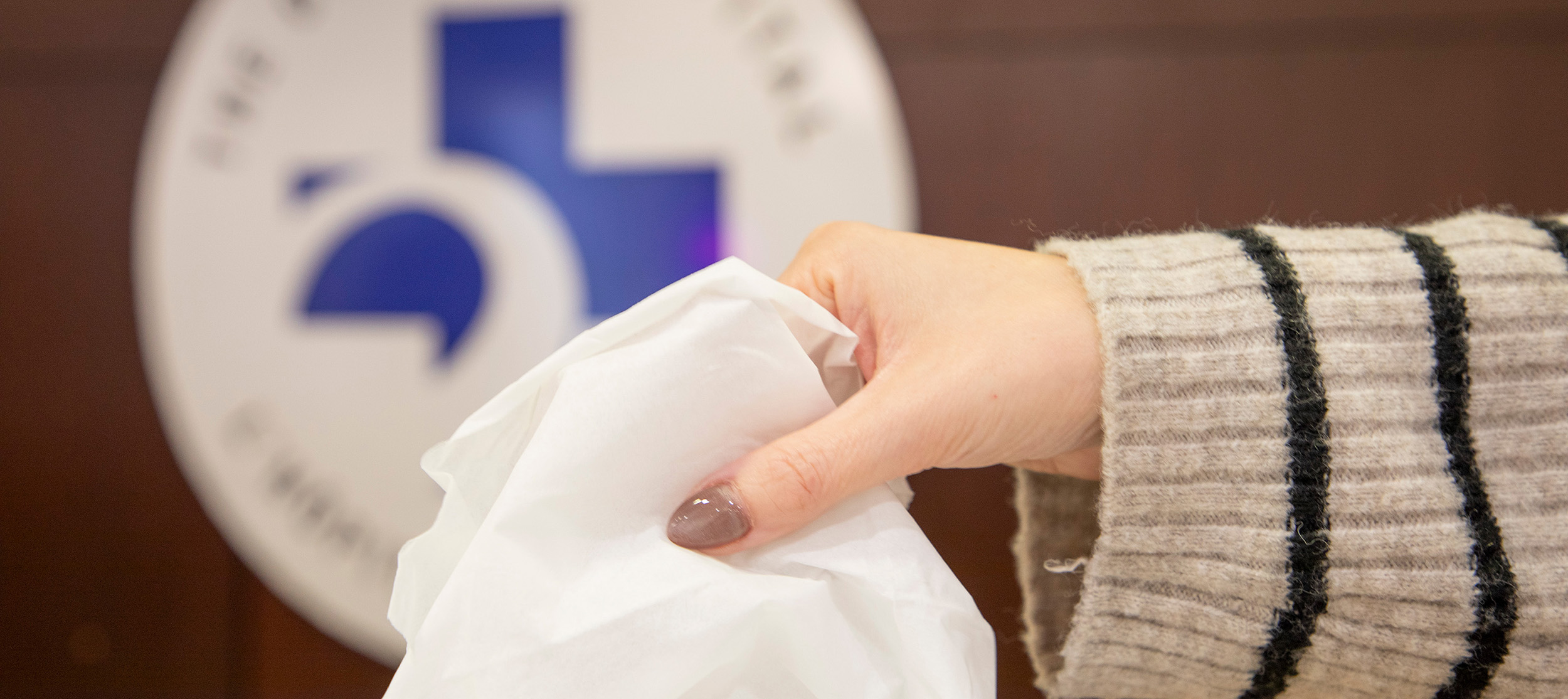
Samantha Adams is a passionate registered nurse in The Ottawa Hospital’s Mother Baby Unit.
Have you just given birth? Are you expecting soon?
We understand that the postpartum period can be a time of both excitement and unknowns — but Registered Nurse Samantha Adams is here to take some of the mystery out of it.
In this series of six videos, Samantha shares how to care for your newborn and yourself in those early days at home.
Post-birth discharge day: Pain relief, recovery, and essential follow-up care
This video offers new parents everything you need to know for the day you’re discharged from the hospital. Topics include pain relief options, safe physical activity guidelines and helpful dietary tips to support healing. You’ll also learn why it’s important to schedule a follow-up appointment within six weeks and discover additional resources to support your postpartum journey.
Taking care of yourself after a cesarean birth (C-Section)
This video offers essential advice on caring for yourself after a cesarean birth (C-section). Learn how to manage dressings and bandages, follow safe bathing guidelines, and care for your incision to promote healing. You’ll also find recommendations for physical activity and discover signs of infection to watch for, such as new or worsening pain, redness and fever. For more personalized support, be sure to consult your health-care provider.
9 critical signs to monitor after bringing your newborn home
This video explains the critical signs parents should monitor when bringing their newborn home, such as fever, seizures, respiratory distress, jaundice, dehydration and infection. If any of these signs are present, parents are advised to seek immediate medical attention by contacting a health-care provider or visiting a children’s emergency department. A follow-up appointment within two days of discharge is also recommended to address any concerns and support your baby’s health.
6 signs to watch for after giving birth
This video outlines six signs to watch for after giving birth that require medical attention from a health-care provider: signs of infection, deep vein thrombosis (DVT), abnormal vaginal bleeding/discharge, mastitis or persistent sore nipples, postpartum depression/anxiety, and high blood pressure.
Newborn safety precautions: Essential tips for your baby’s first days
This video provides essential safety tips for new parents, covering topics such as safe sleep practices to reduce the risk of SIDS, preventing shaken-baby syndrome, and avoiding flat head syndrome (plagiocephaly). For additional questions, be sure to consult your health-care provider.
Top 5 newborn frequently asked questions (FAQs)
This video addresses five of the most frequently asked questions new parents have when bringing their newborn home. Topics include understanding baby’s breathing patterns, normal poop color, umbilical cord care, the need for Vitamin D, and safe temperature ranges for newborns. For personalized guidance, viewers are encouraged to consult with their health-care providers.
And if you’re looking for helpful guidance on an array of other common medical conditions, check out other videos in our YouTube Health series.

Support patient care and research at
The Ottawa Hospital
You might also like…
Living with chronic pain? This online tool offers help — and hope
The Power Over Pain Portal is a free virtual resource hub designed to help empower youth and adults living with chronic pain through education and peer support.
What to do in an emergency: New first aid video series on YouTube
Would you know what to do if you saw someone experience a stroke, heart attack or opioid overdose? We’ve launched a series of easy-to-follow videos on YouTube that walk you through how to respond to common first aid emergencies.
Flu season 101: A quick guide to keeping the sniffles away
Got two minutes? This short guide could help you make it through flu season without stocking up on tissues.
Aging well: Guidance for older adults
In this special video series for both older adults and their loved ones, geriatric care specialists from The Ottawa Hospital offer guidance on navigating common health-care challenges that may arise with aging.
How to stay safe around water this summer
Drowning can happen to anyone — even strong swimmers. Emergency physician Dr. Christian Vaillancourt debunks common myths about drowning, explains how to act quickly to save a life, and shares what you can do to keep yourself and your loved ones safe around water.
What’s the difference between an optician, optometrist, orthoptist and ophthalmologist?
“Do I need to see an optician, optometrist, orthoptist or ophthalmologist?” We asked Ophthalmologist Dr. Annick Fournier to break down each role so you will know who to consult for your specific eye care needs.


 To reset, hold the Ctrl key, then press 0.
To reset, hold the Ctrl key, then press 0.





